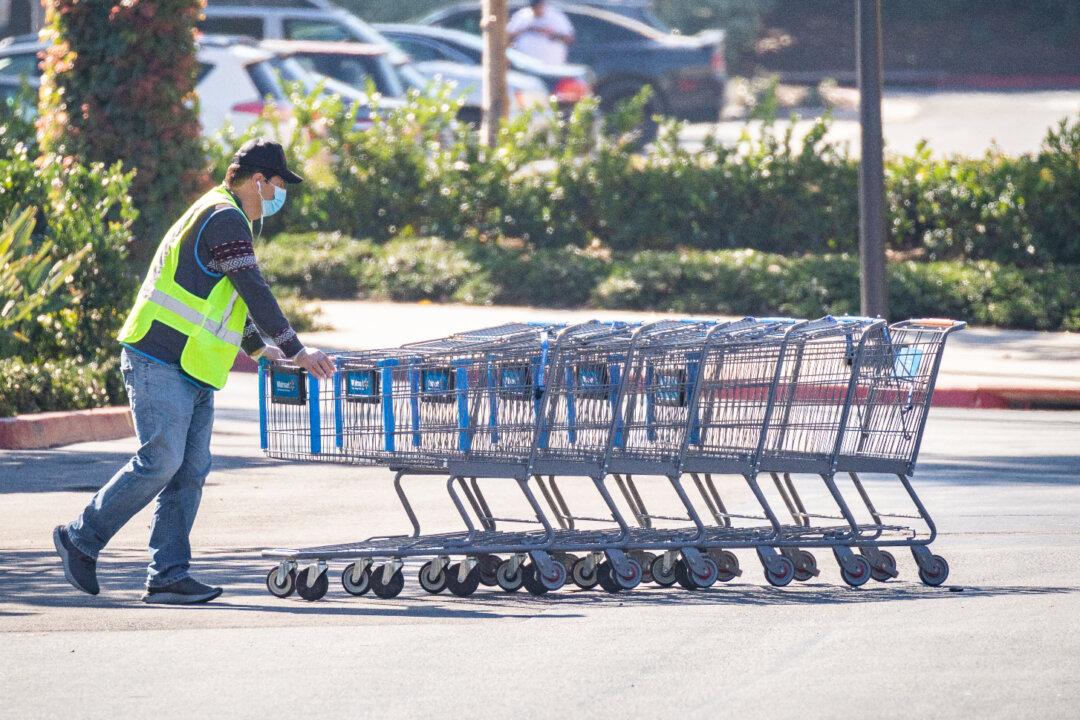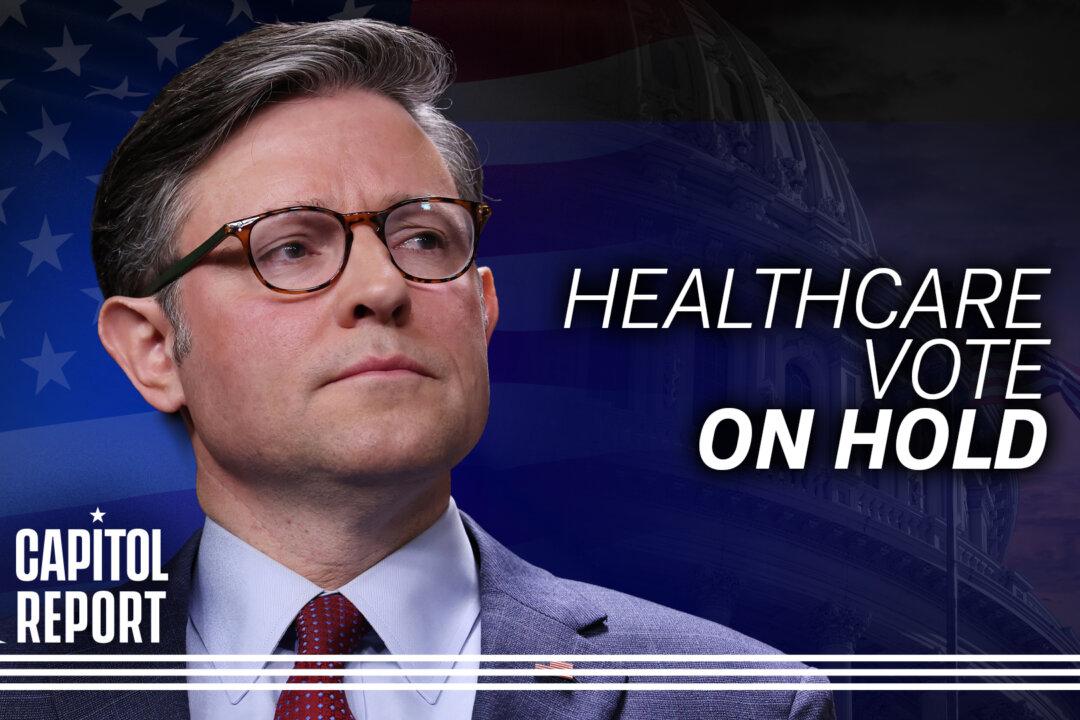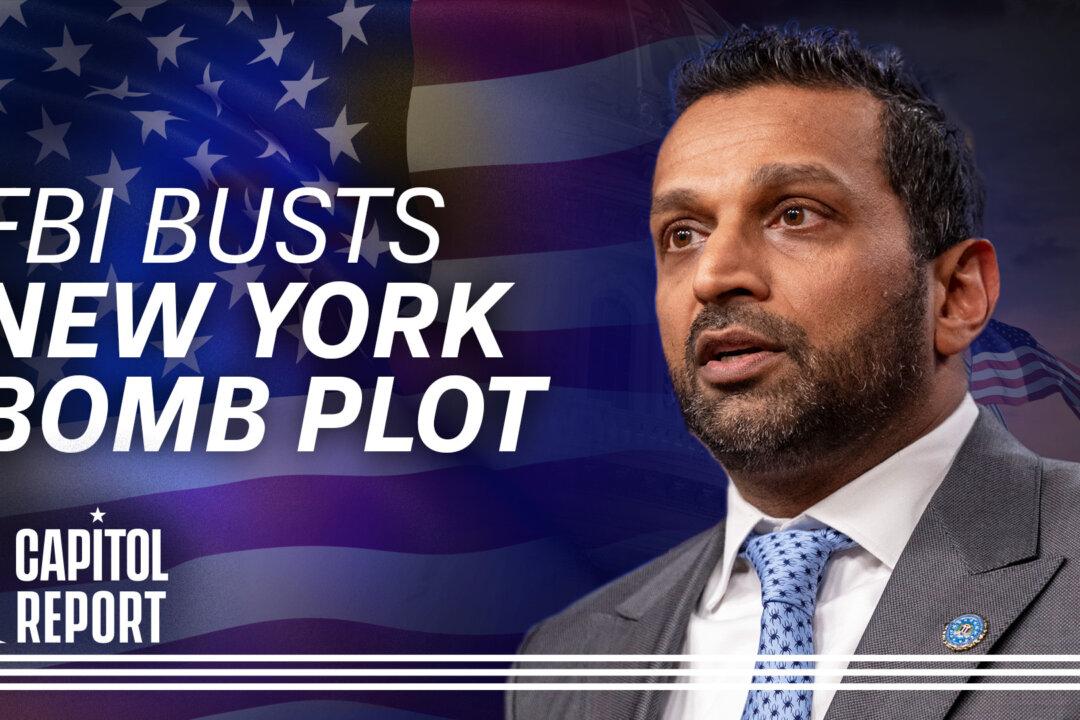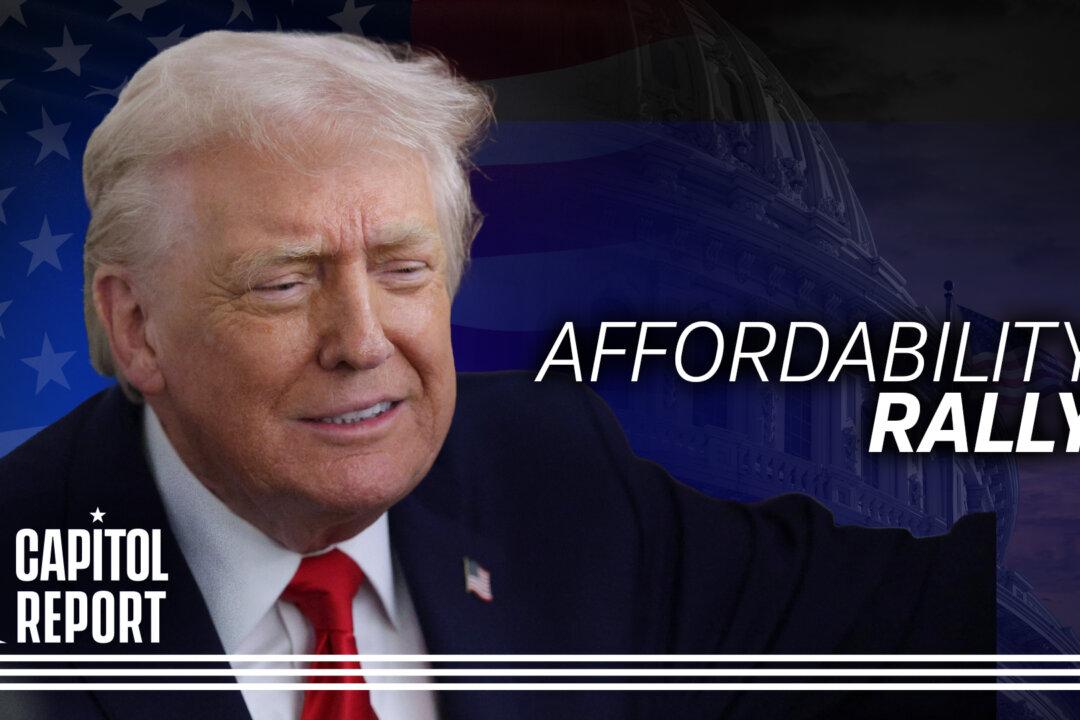Fullerton city council took no action June 1 when considering a temporary “hero pay” wage increase for grocery and retail workers.
During an informational presentation on the proposed pay boost, brought forward by councilmembers Ahmad Zahra and Jesus Silva, council decided not to move forward with implementing an ordinance.





